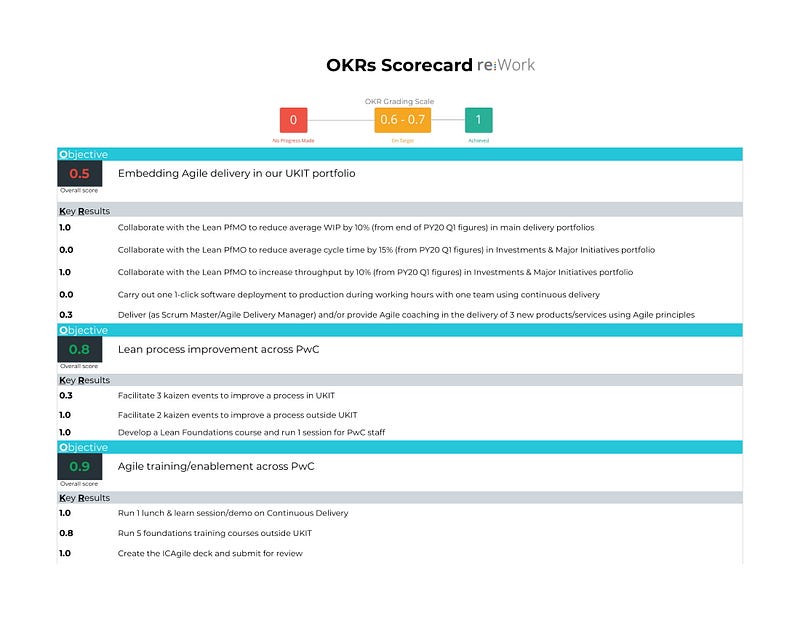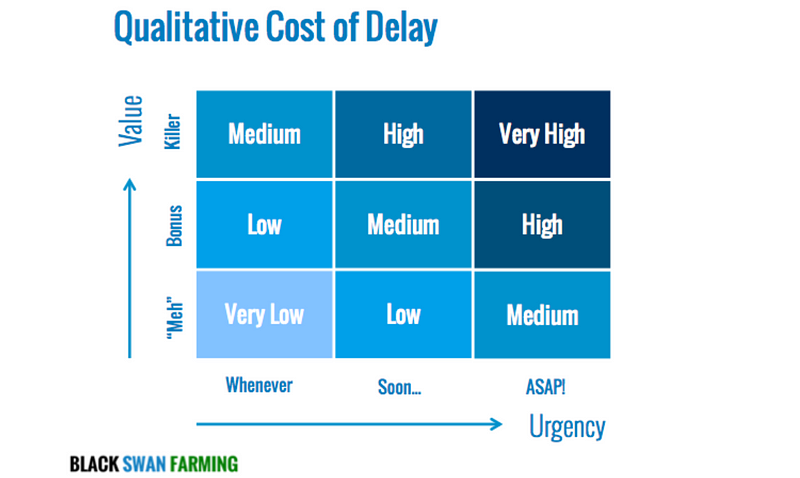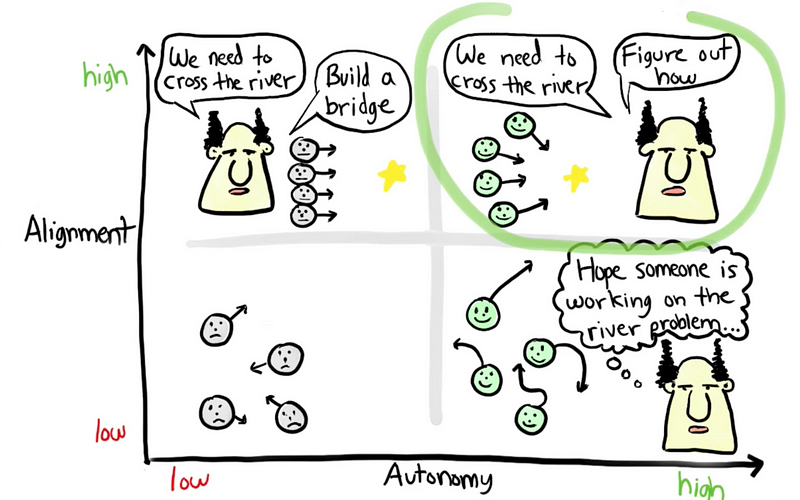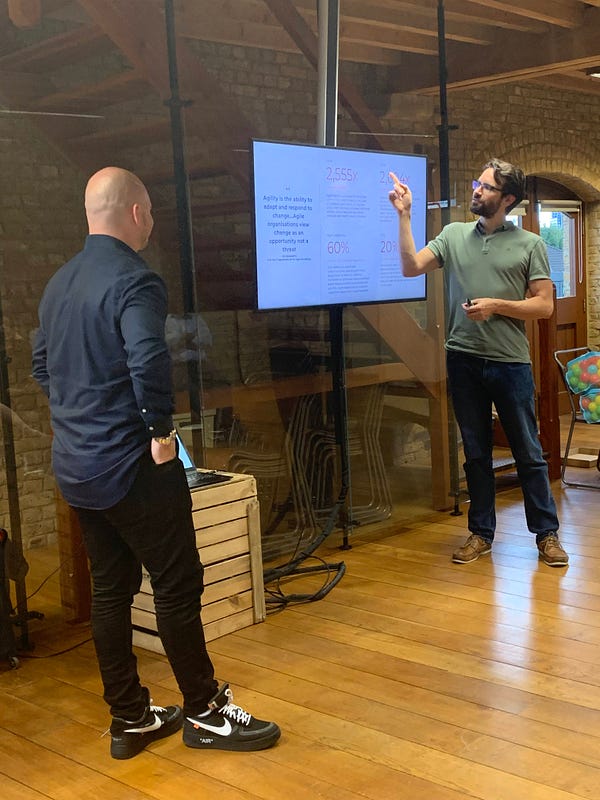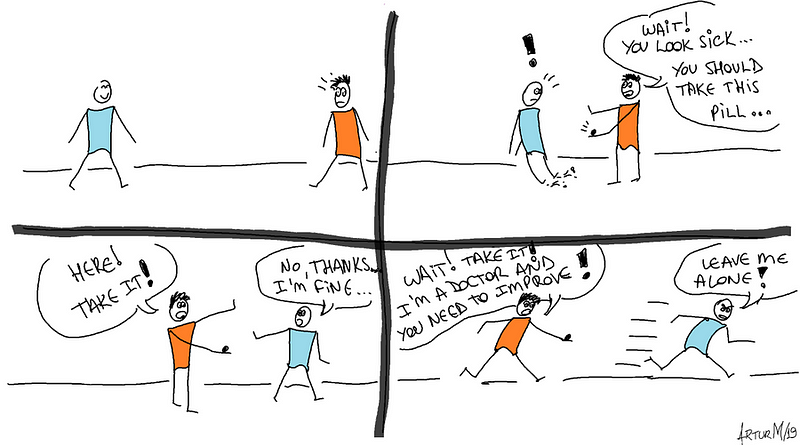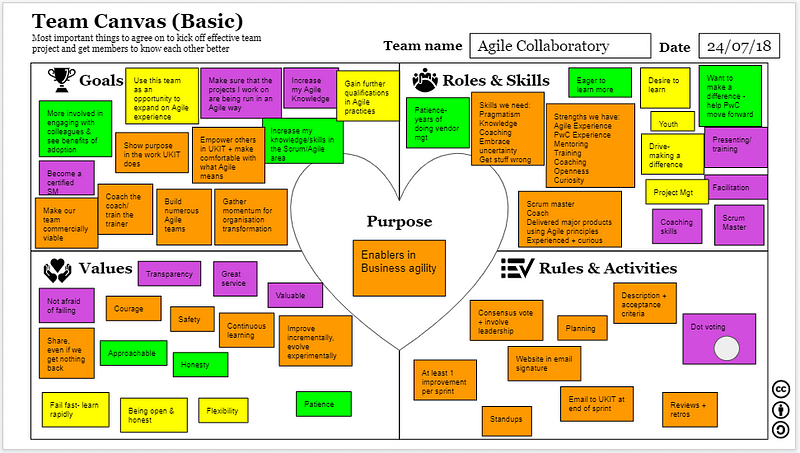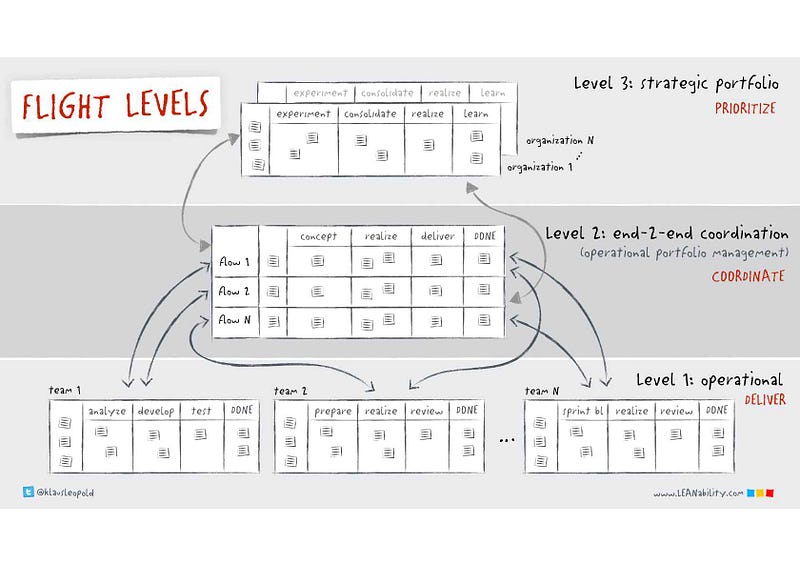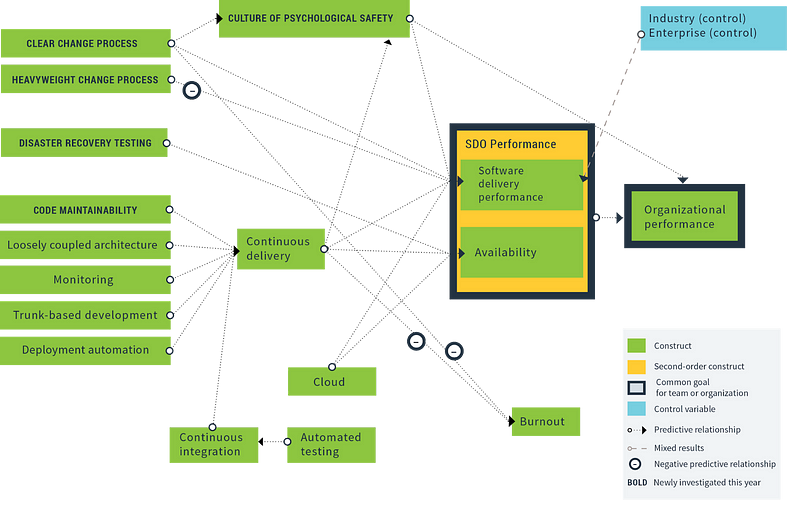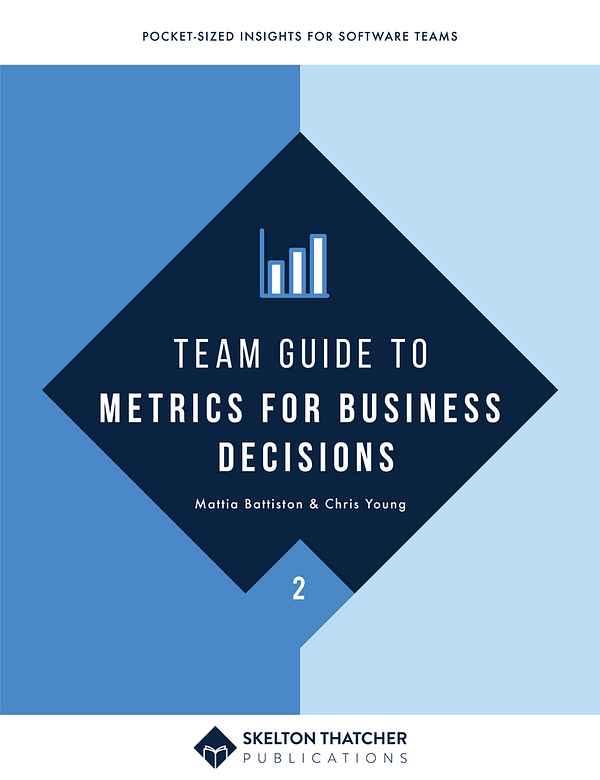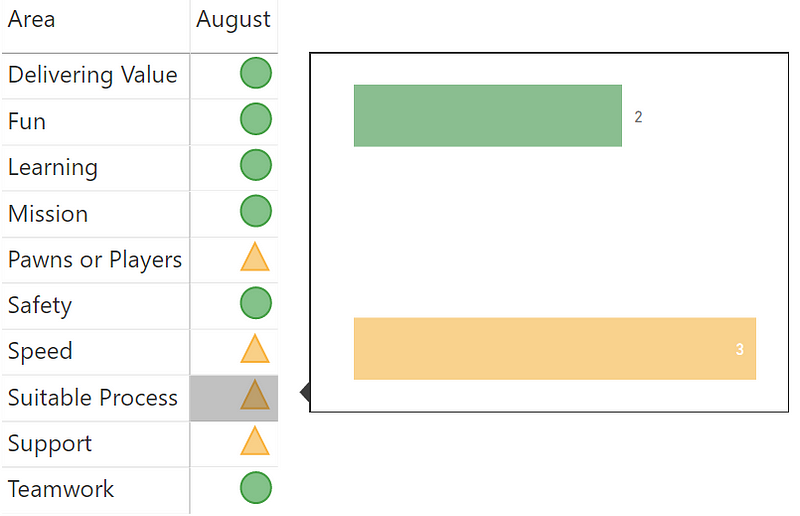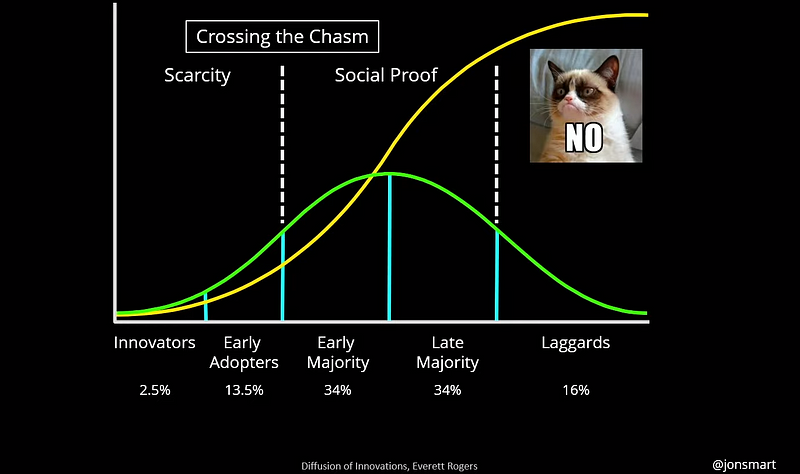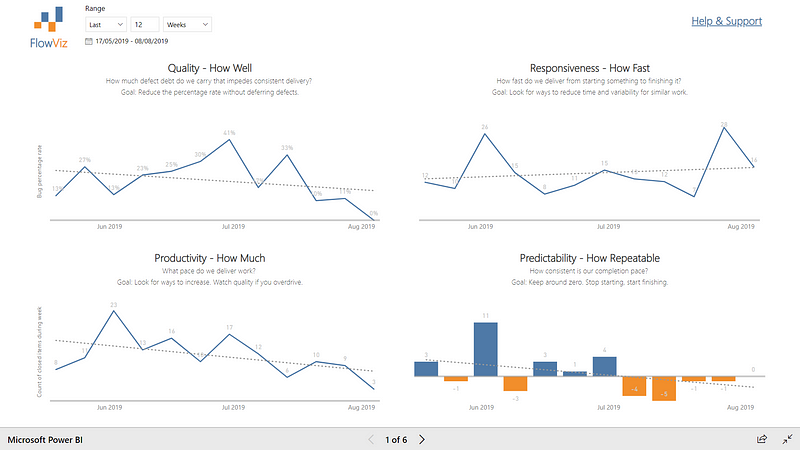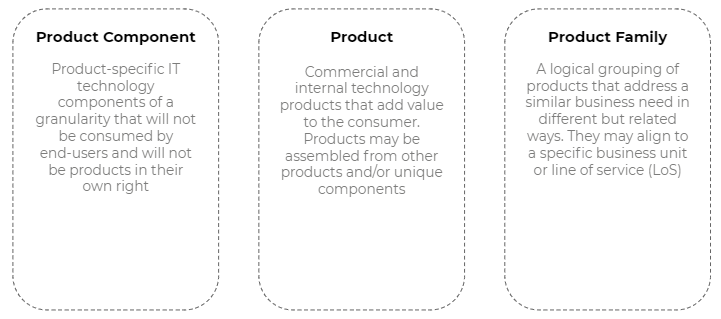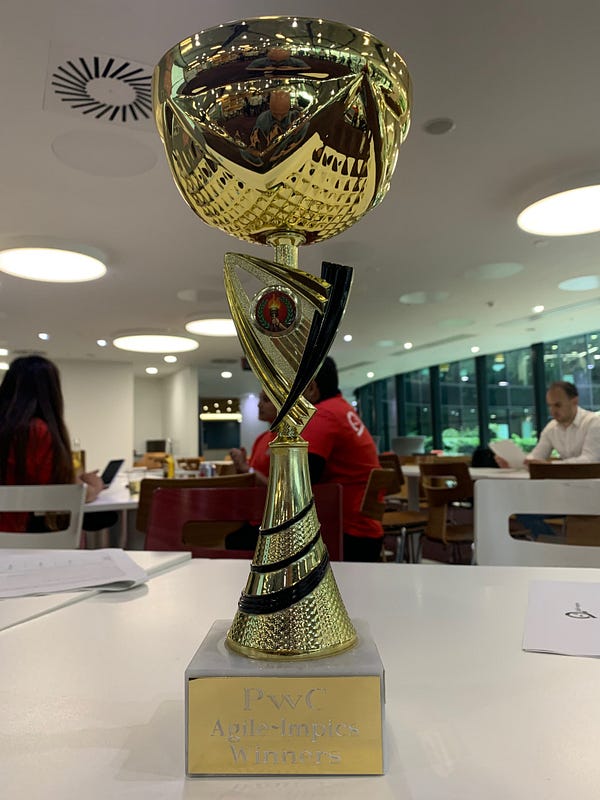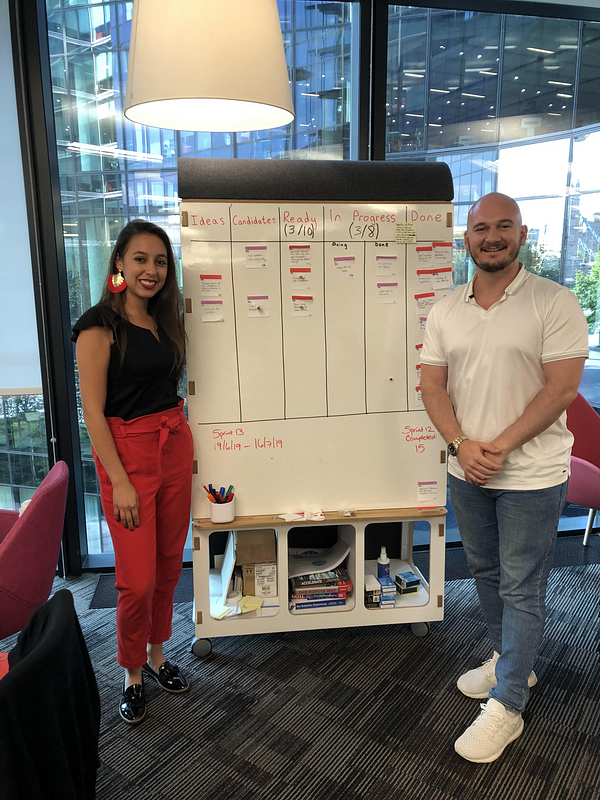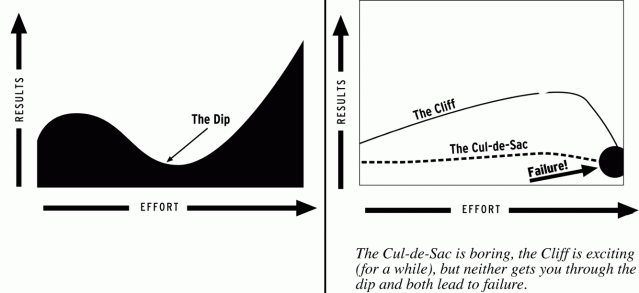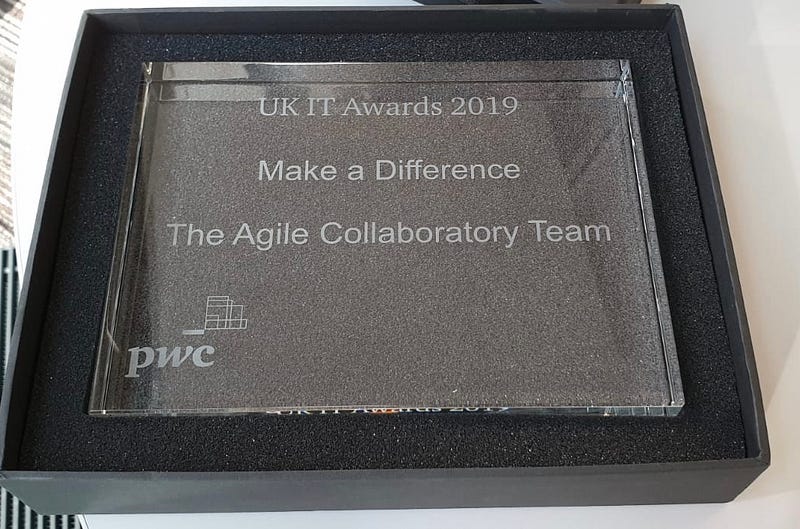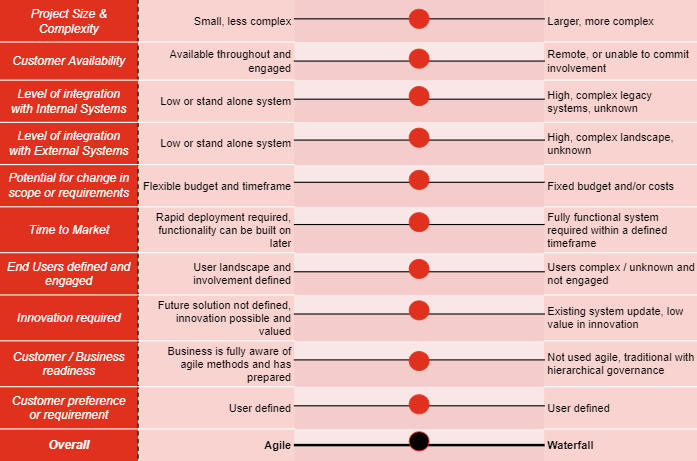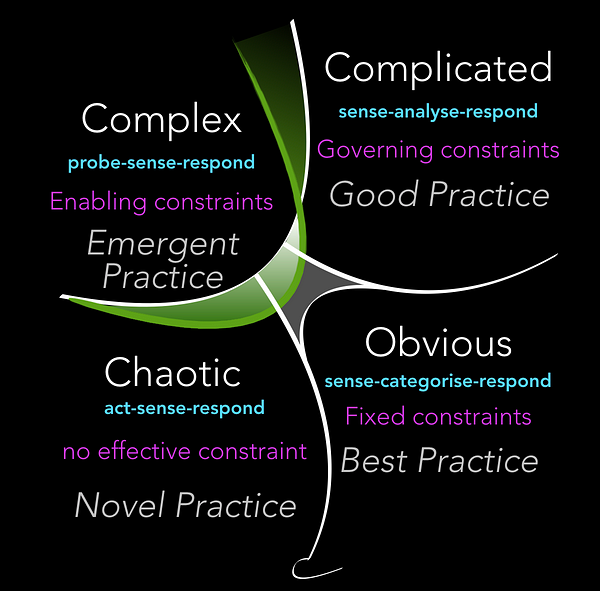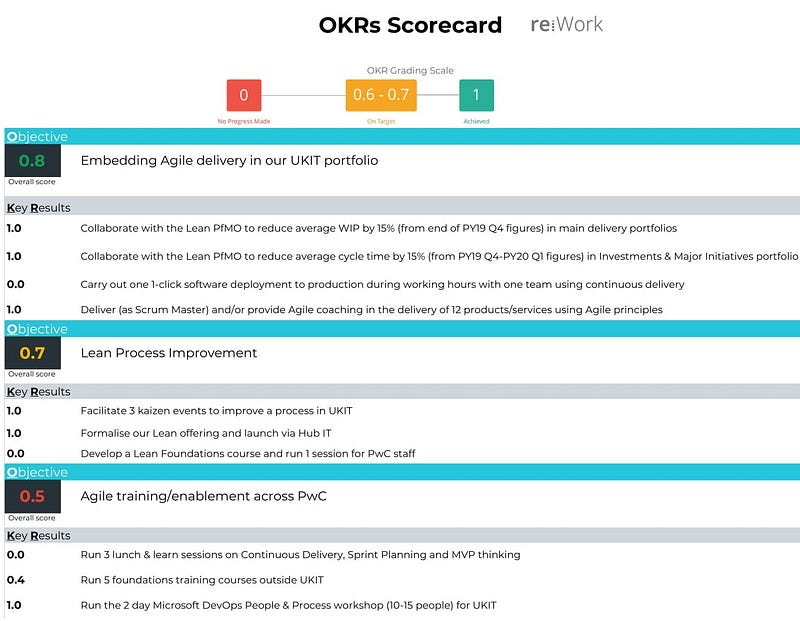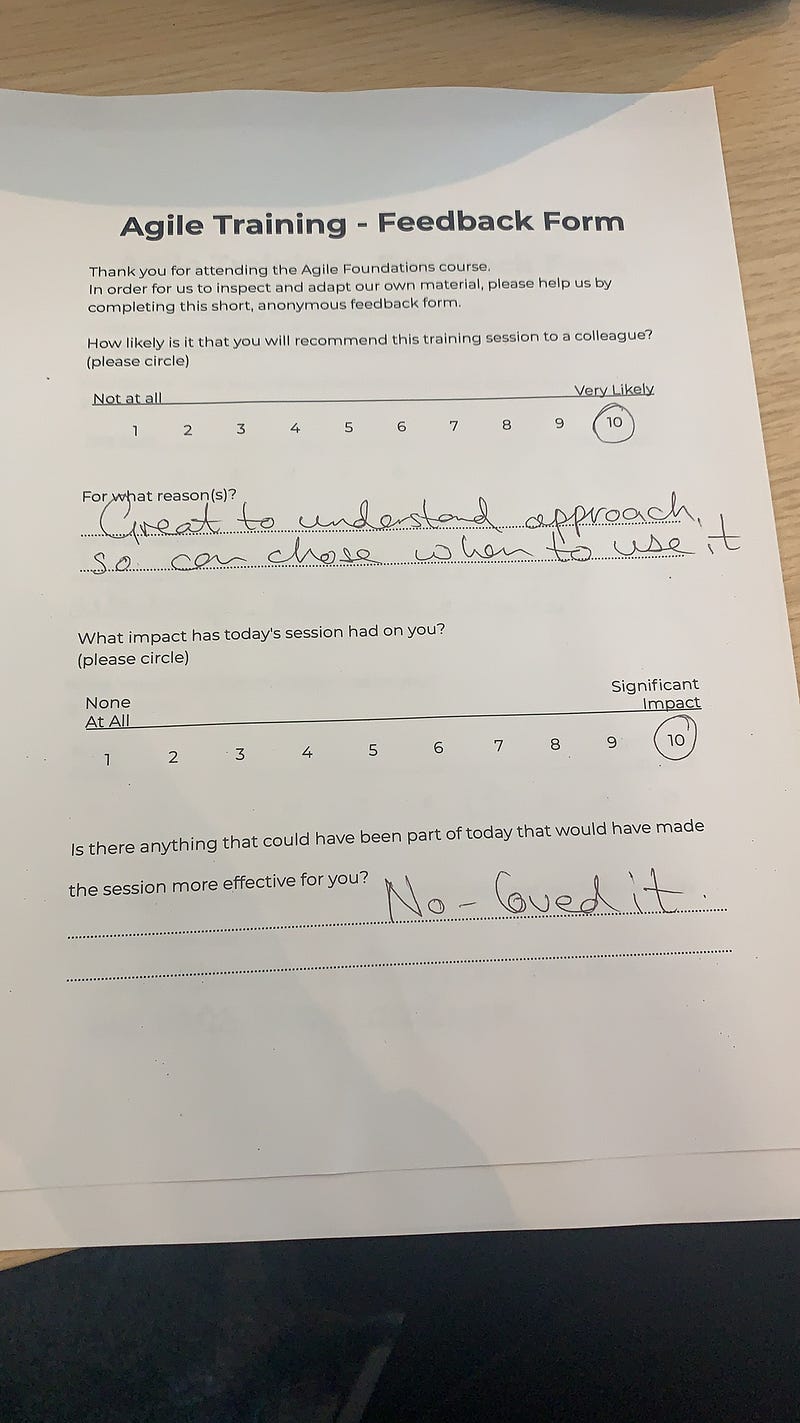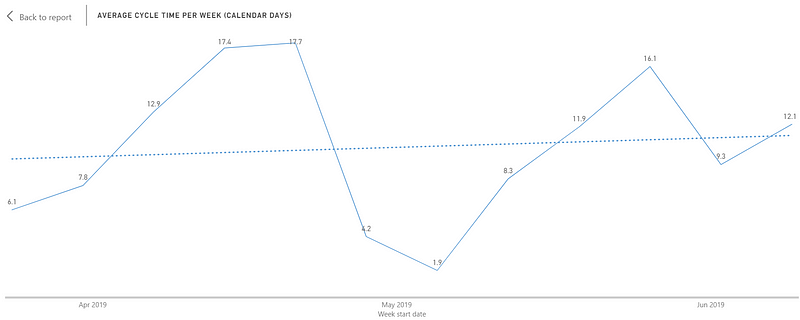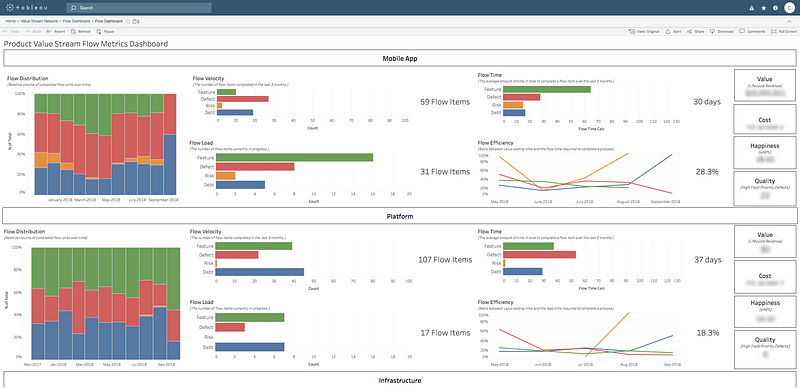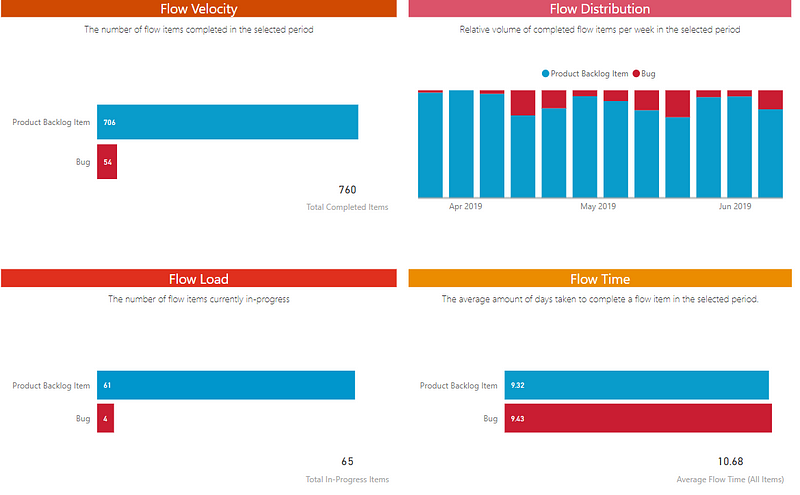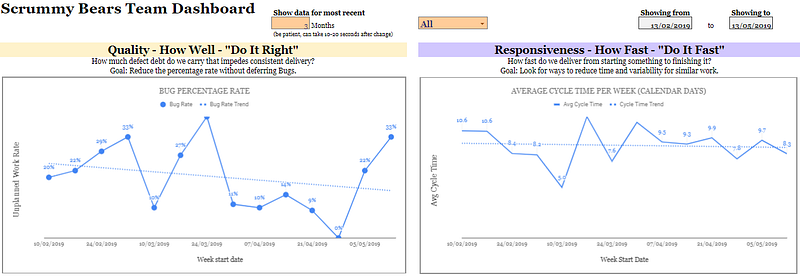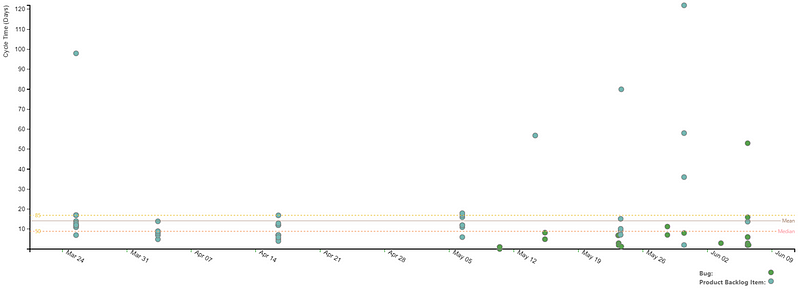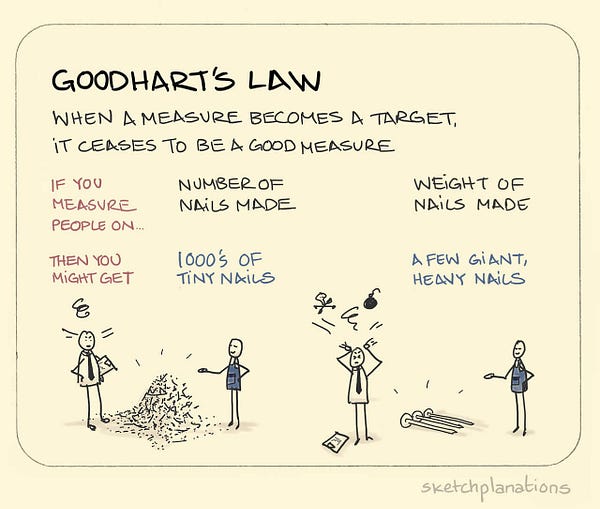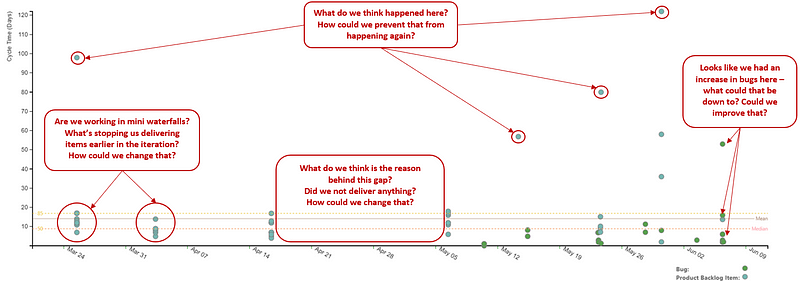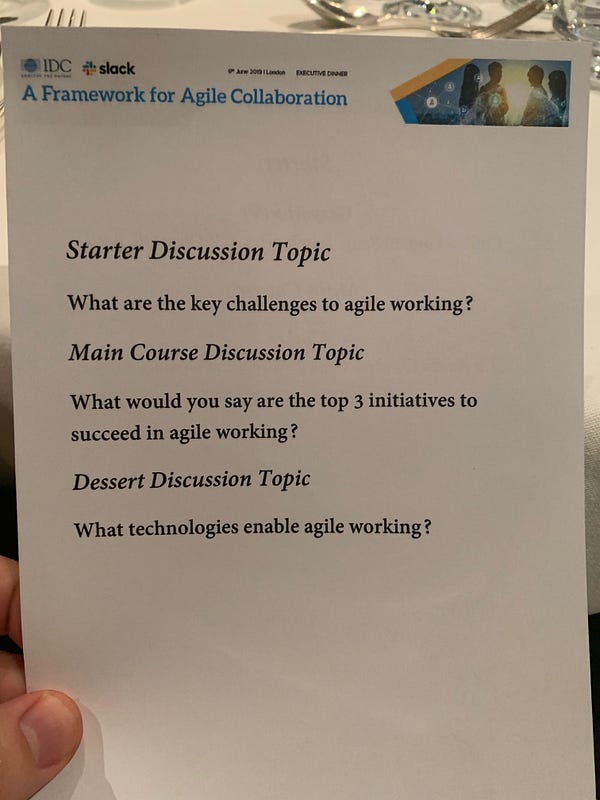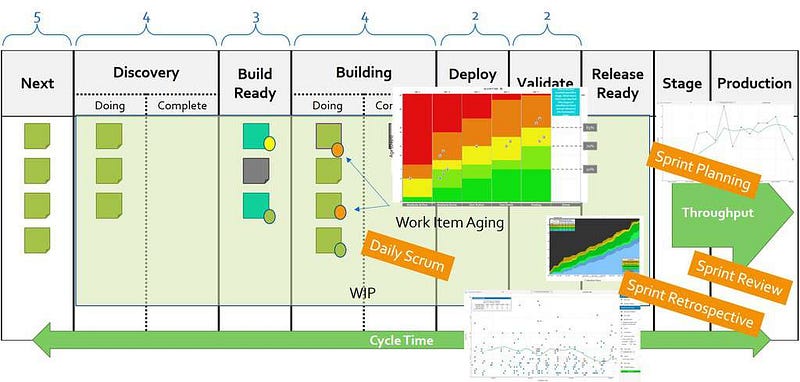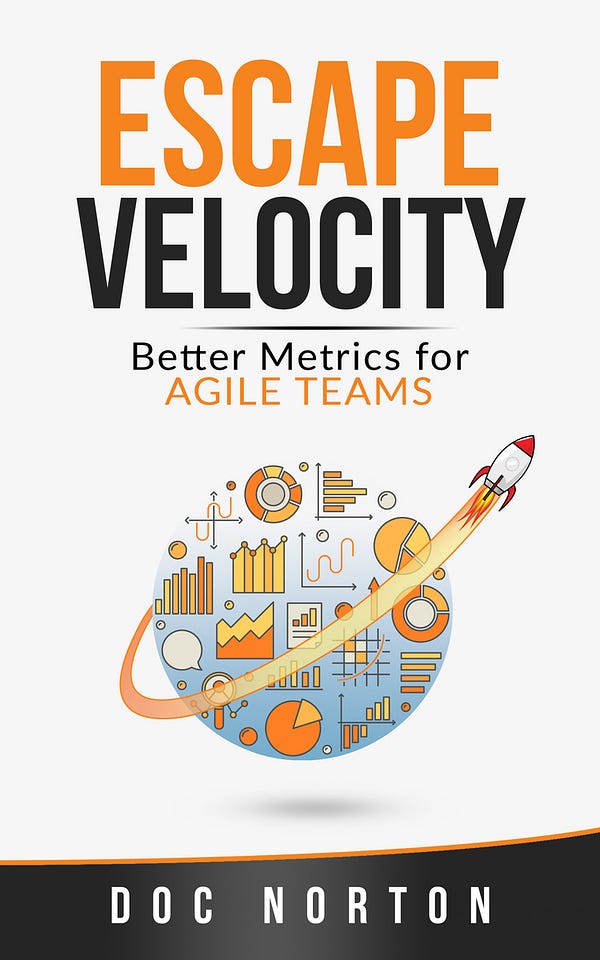Little Bets
A few weeks ago, I was chatting to a colleague in our Robotic Process Automation (RPA) team who was telling me about how the team had moved to working in two-week sprints. They mentioned how they were finding it hard to keep momentum and energy up, in particular towards the end of the sprint when it came to getting input to the retro. I asked what day of the week they were starting the sprint to which they replied “Monday”, of course meaning the sprint finished on a Friday. A suggestion I had was actually to move the start of the sprint (keeping the two-week cadence) to be on a Wednesday, as no one really wants to be reviewing or thinking about how to get better (introspection being a notoriously tougher ask anyway) on a Friday. They said they were going to take it away and run it as an experiment and let me know how it went. This week the team had their respective review and retrospective, with the feedback being that the team much preferred this approach, as well as the inputs to the retro being much more meaningful and collaborative.

It reminded me that sometimes as coaches we need to recognise that we can actually achieve big through small, and that a tiny little tweak can actually make the world of difference to a team. For myself I’ve recently found that I’ve been getting very frustrated with bigger changes we want to make, and concepts not landing with people, despite repeated attempts at engagement and involvement. Actually, sometimes it’s better to focus on those tiny tweaks/experiments that can make a big difference.
This concept is explained really well in Peter Sims “Little Bets”, a great book on innovation in organisations through making series of little bets, learning critical information from lots of little failures and from small but significant wins.
Here’s to more little bets with teams, rather than big changes!
Digital Accelerators

This week we also ran the first of two sessions introducing Agile to individuals taking part in our Digital Accelerator programme at PwC. The programme is one of the largest investments by the firm, centered on upskilling our people on all things digital, covering everything from cleansing data and blockchain to 3D Printing and drones.
Our slot was 90 minutes long, where we introduced the manifesto and “Agile Mindset” to individuals, including a couple of exercises such as the Ball Point Game and Bad Breath MVP. With 160 people there we had to run 4 concurrent sessions with 40 people in each, which was the smallest group size we were allowed!
I thoroughly enjoyed my session, as it had been a while since I’d done a short, taster session on Agile — good to brush off the cobwebs! The energy in the room was great, with some maybe getting a little too competitive with plastic balls!


Seems like the rest of our team also enjoyed it, as well as the attendee feedback being very positive. We also had some additional help from colleagues co-facilitating the exercises which I’m very thankful for as it would have been chaotic without their help! Looking forward to hearing how the Digital Accelerators take this back to their day to day, and hopefully generate some future work for us with new teams to work with.
Next week
Next week is another busy one. I’m helping support a proposal around Enterprise Agility for a client, as well as having our first sprint review for our ways of working programme. On top of that we have another Digital Accelerator session to run, so a busy period for our team!
